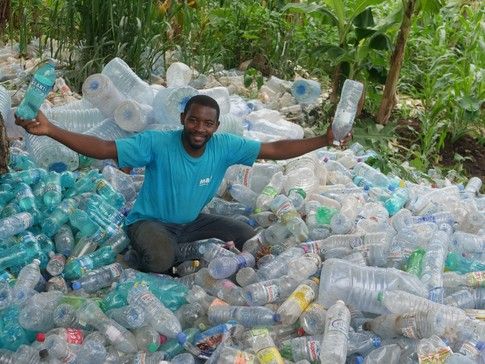In the last few years, countless cyber-attacks were reported globally that were linked to the People’s Republic of China. The Chinese cyber-hackers, who target the foreign networks and websites are sponsored by the Chinese government. They are highly trained and have acquired abilities not only to exploit common vulnerabilities but also to discover and even create new vulnerabilities.
The US National Security Agency’s in-depth report of 23rd October points out that one of the greatest threats to the US National Security Systems, Defence Industrial Base and Department of Defence information networks is the “Chinese state sponsored malicious cyber activity”. The report underlines that the Chinese hackers exploit “computer networks of interest that hold sensitive intellectual property, economic, political, and military information.”
In July 2020, US had ordered the closure of the Chinese consulate in Huston, when it discovered that the Chinese officials there were involved in the intellectual property theft and indicted two Chinese nationals for allegedly hacking hundreds of companies and crucially had attempted to steal coronavirus vaccine research. The United States Department of Justice has charged five Chinese national for their involvement in hacking targets not only in the US governments but also the networks of the Indian and Vietnam government. They also carried out attacks on the UK government network unsuccessfully.








